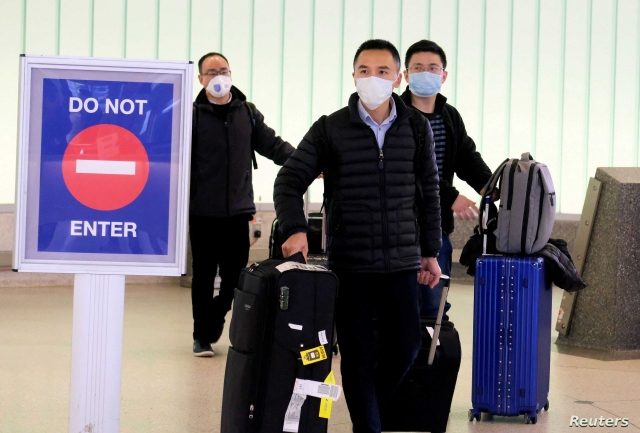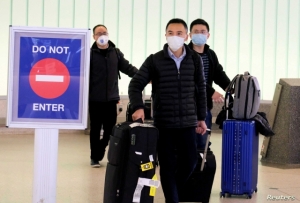OECD: Coronavirus Escalation Could Cut Global Economic Growth by 50%
In 2020, Global GDP growth could plummet to as little as 1.5%, almost half the 2.9% rate predicted before the coronavirus outbreak, plunging countries into recession, the Organization for Economic Cooperation and Development (OECD) has warned.
"Against a backdrop of already weak GDP growth, the economies of Japan and the eurozone could slide into recession this year," it said.
The OECD, based in Paris and representing the planet’s 36 most advanced economies, has urged governments around the globe to take greater steps to work together, calling for an international response as Covid-19 spreads.
"Its base-case scenario is for a short-lived but severe downturn, with the focal point for the economic damage in China," The Guardian reports. "It forecast that global growth would slide to 2.4% for 2020 as a whole, down from an already weak 2.9% last year. Even under its central forecast, the OECD warned that global growth could shrink in the first quarter. Chinese growth is expected to fall below 5% this year, down from 6.1% last year – which was already the weakest growth rate in the world’s second largest economy in almost 30 years."
Yet the organization noted coronavirus and the resulting panic could also cause a “domino effect,” with global growth being seriously damaged this year by the virus spreading throughout advanced economies across the northern hemisphere. This, plus growth slowing by about 1.4% over the course of 2020 to as little as 1.5%, could lead to financial markets around the world crashing by about 20%.
Since coronavirus first reared its head in Wuhan, China, close to 85,000 people have been infected globally, with around that recovering and around 3,000 reported dead so far. Italy is the hardest hit in Europe to date, a blow that comes as its economy, the eurozone’s third largest, has already been suffering. Stock markets around the world fell last week by more than 10% in the worst week since the global financial crisis.
The OECD warned that while central banks stepping in with additional support, by cutting interest rates, for example, could help to restore confidence and aid the recovery from the outbreak, this will not offset the immediate disruptions that result from enforced shutdowns and travel restrictions.
Demanding world leaders act quickly, the group called for greater support for healthcare systems and workers, and for nations to protect the incomes of their most vulnerable social groups and businesses.











